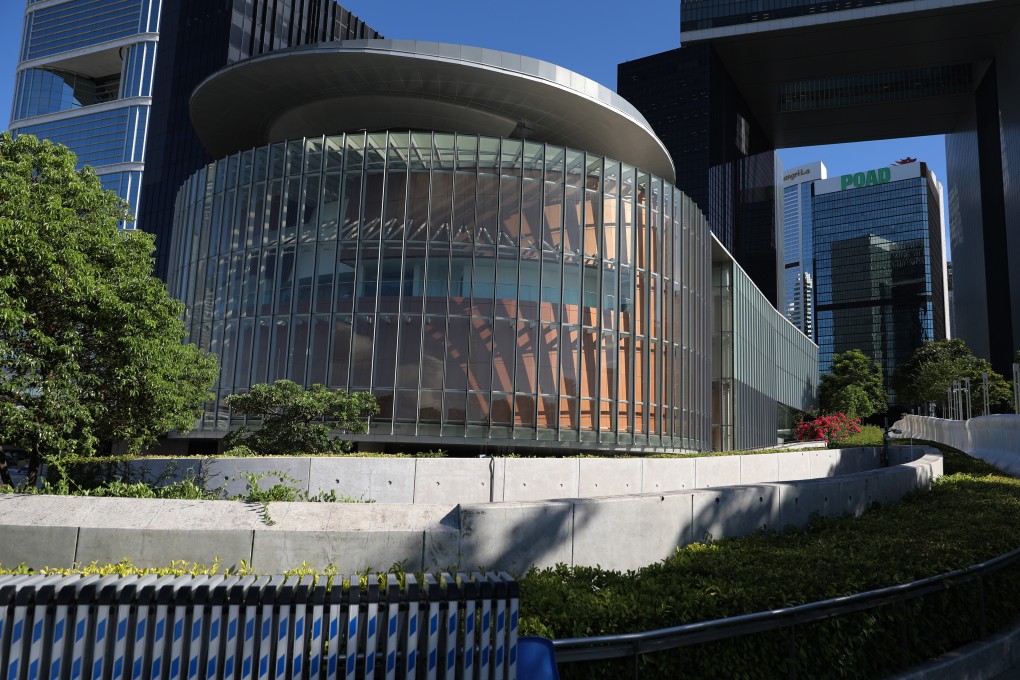Hong Kong’s pro-establishment bloc moves to pull quorum calls, other delaying tactics from opposition’s Legco playbook
- Time limits on speeches and caps on the number of lawmakers who can join panels and committees also to be discussed at rules meeting
- But critics say the changes would cripple the ability to offer any effective resistance to legislation

But critics fear the latest batch of amendments will “fully” limit dissent and effectively bar lawmakers from voicing concerns over controversial bills in the future.
Paul Tse Wai-chun, chairman of the rules of procedure committee in the Legislative Council, confirmed that more than 20 amendments were discussed during a closed-door meeting on Wednesday afternoon.
Among the amendments was one that would scrap the rules allowing lawmakers to make quorum call requests – a tactic frequently used by the opposition to delay proceedings by forcing a headcount.
Under the newly proposed rules, lawmakers would only be allowed to ask the Legco president for a quorum call directly before a vote.
“[Quorum calls] have always been [an issue] for this legislature,” Tse said after the meeting. “On one hand we have Basic Law Article 75 confining us to a basic quorum, [but on the other], we have been wasting a lot of time when requests for quorum calls were abused time and again. We have been trying to find a way to get around the Basic Law.”